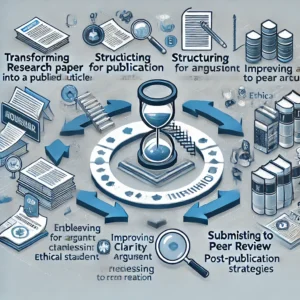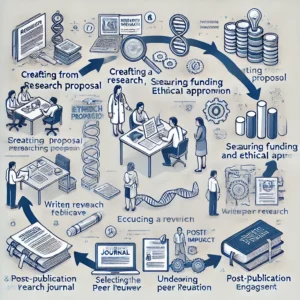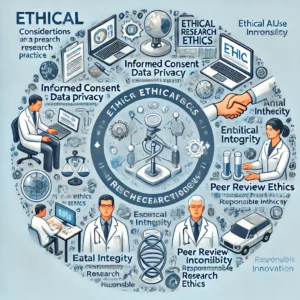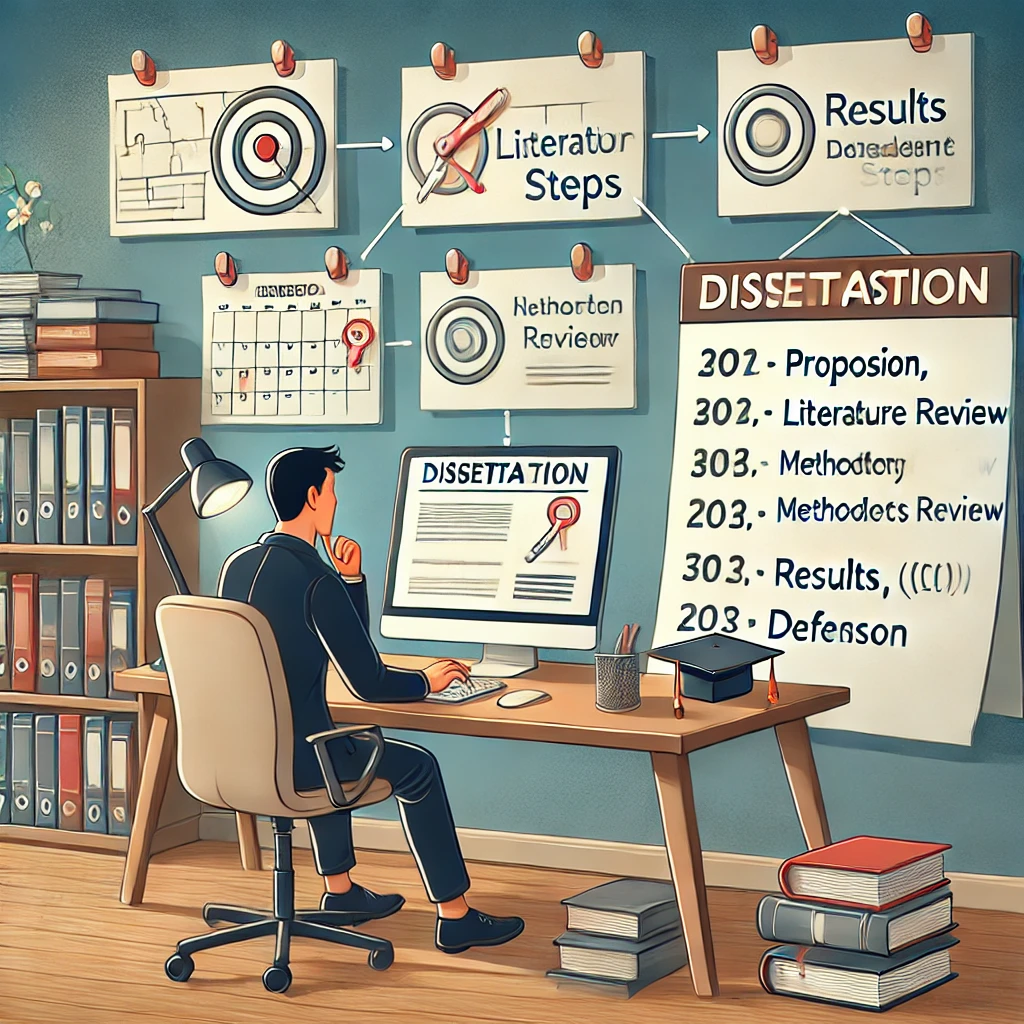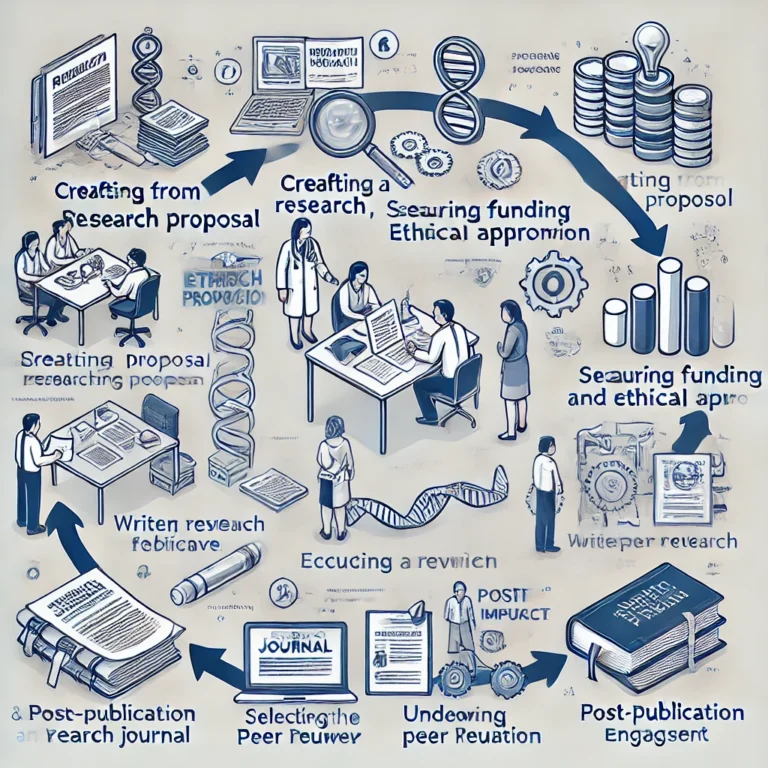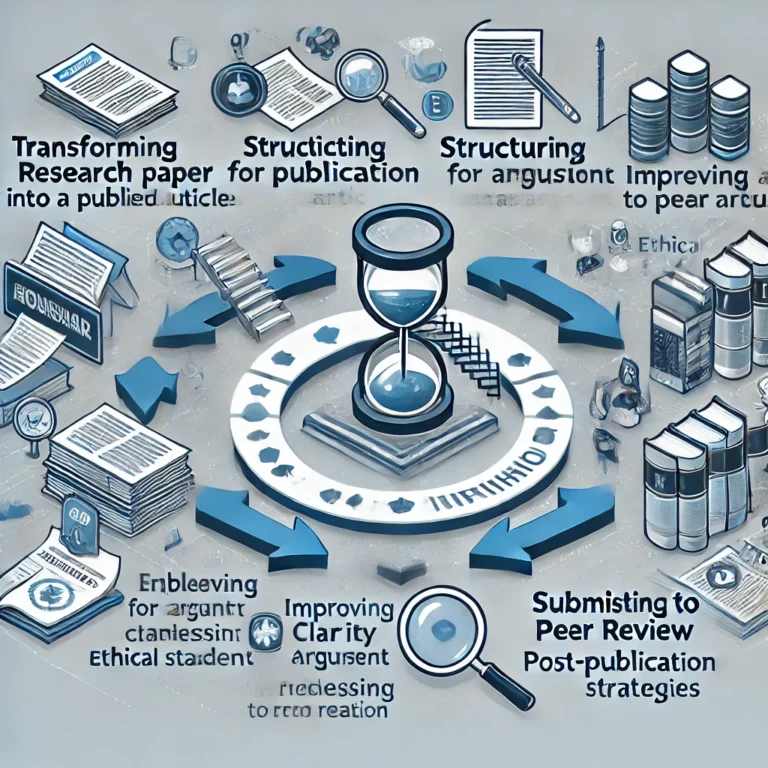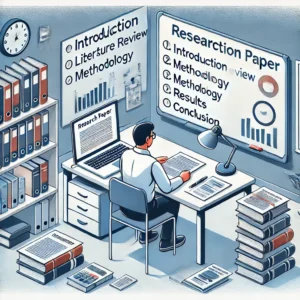The dissertation process is a complex and demanding journey that requires meticulous planning, critical thinking, and sustained effort. Whether you are pursuing a master’s or doctoral degree, understanding the best practices for managing your dissertation can significantly enhance your academic success. This guide provides essential tips to help you navigate the dissertation process effectively.
1. Choosing a Research Topic
Selecting an appropriate dissertation topic is the first and most crucial step. Consider the following factors:
- Relevance to your academic field and personal interests
- Availability of existing literature and research materials
- Feasibility within the given timeframe and resources
- Potential contribution to your field of study
2. Conducting a Thorough Literature Review
A comprehensive literature review is essential to establish the foundation for your research. Key steps include:
- Reviewing scholarly articles, books, and previous dissertations
- Identifying gaps in existing research to refine your research question
- Using citation management tools such as Zotero, Mendeley, or EndNote
- Organizing sources systematically to build a strong theoretical framework
3. Developing a Research Proposal
A well-structured research proposal helps you define your study’s scope and objectives. Essential components include:
- A clear and concise research question or hypothesis
- A brief review of relevant literature
- The proposed research methodology
- Expected outcomes and contributions to the field
4. Designing an Effective Research Methodology
Choosing an appropriate research design ensures the credibility of your dissertation. Consider:
- Qualitative, quantitative, or mixed-method approaches
- Data collection techniques such as surveys, interviews, experiments, or archival research
- Ethical considerations and necessary institutional approvals
- Data analysis methods, including statistical or thematic approaches
5. Managing Time and Setting Milestones
The dissertation process is long and requires careful time management. To stay on track:
- Create a detailed research timeline with achievable milestones
- Break down tasks into manageable phases (e.g., literature review, data collection, writing, revision)
- Use productivity tools like Trello, Notion, or Google Calendar to monitor progress
6. Writing and Structuring the Dissertation
A well-organized dissertation follows a structured format. Common sections include:
- Title Page: Includes the dissertation title, author, institution, and date.
- Abstract: Summarizes research objectives, methodology, key findings, and conclusions.
- Introduction: Introduces the research problem, significance, and objectives.
- Literature Review: Discusses prior research, theoretical frameworks, and knowledge gaps.
- Methodology: Describes research design, data collection, and analytical approaches.
- Results: Presents key findings supported by data and analysis.
- Discussion: Interprets results, compares them with existing literature, and discusses implications.
- Conclusion and Recommendations: Summarizes key takeaways and suggests directions for future research.
- References: Lists all cited sources in a standardized format (APA, MLA, Chicago, etc.).
- Appendices: Includes supplementary materials such as questionnaires, raw data, or additional analyses.
7. Overcoming Writer’s Block and Staying Motivated
Writing a dissertation is a demanding task, and maintaining motivation is key. To overcome challenges:
- Set realistic daily or weekly writing goals
- Work in a distraction-free environment
- Engage in writing groups or seek peer support
- Take regular breaks to prevent burnout
8. Editing, Proofreading, and Formatting
A polished dissertation requires thorough editing and proofreading. Focus on:
- Grammar, spelling, and punctuation errors
- Logical flow and coherence of arguments
- Proper citation and adherence to formatting guidelines
- Eliminating redundant or unclear content
9. Seeking Feedback and Revising
Feedback from advisors and peers enhances the quality of your dissertation. Consider:
- Submitting drafts to your academic advisor for review
- Engaging in peer review sessions for constructive criticism
- Making necessary revisions based on feedback to strengthen your arguments
10. Preparing for the Dissertation Defense
Successfully defending your dissertation requires thorough preparation. To ensure readiness:
- Develop a well-structured presentation summarizing your research
- Anticipate potential questions from committee members
- Practice delivering your defense with peers or mentors
- Stay confident and articulate your findings effectively
Final Thoughts
Navigating the dissertation process requires dedication, strategic planning, and perseverance. By following these best practices, you can efficiently manage your research, writing, and defense, leading to a successful dissertation. Remember, seeking guidance from advisors, utilizing academic resources, and staying committed to your goals will help you achieve excellence in your research journey.

